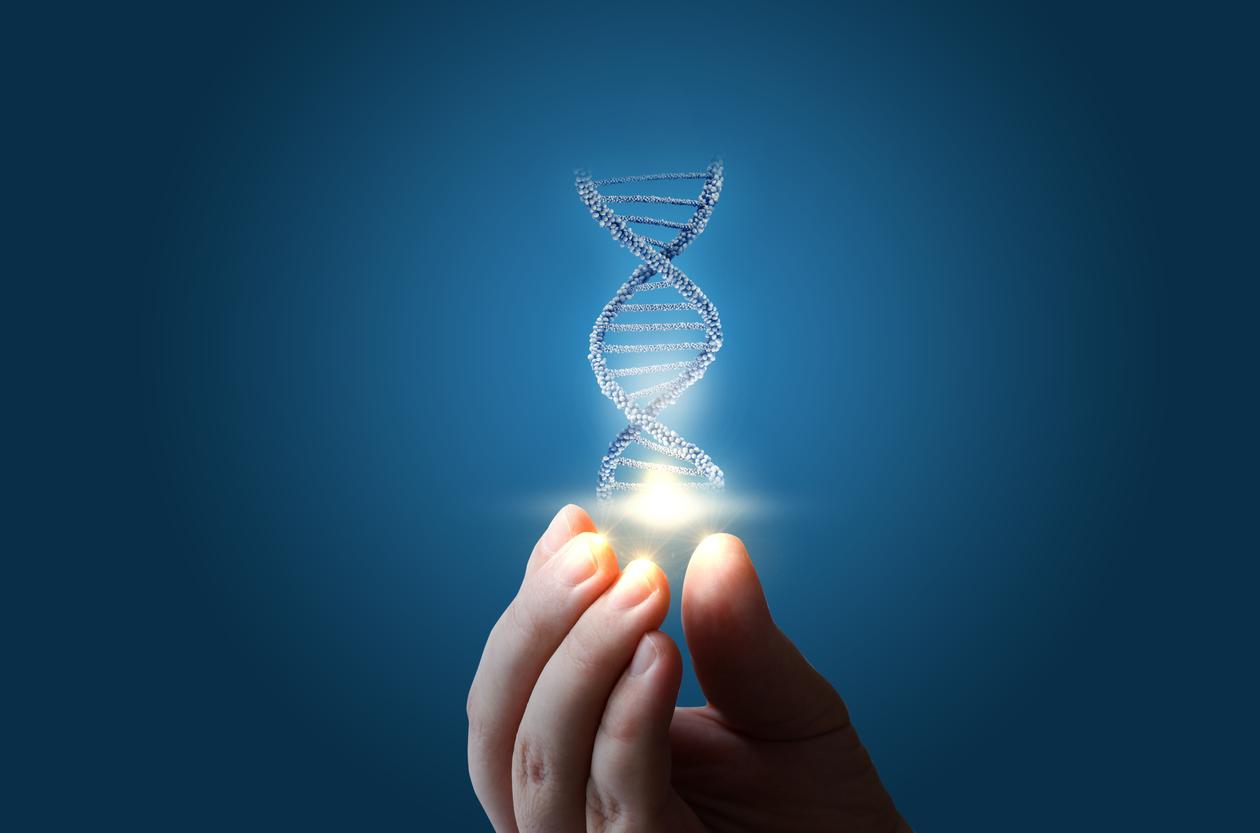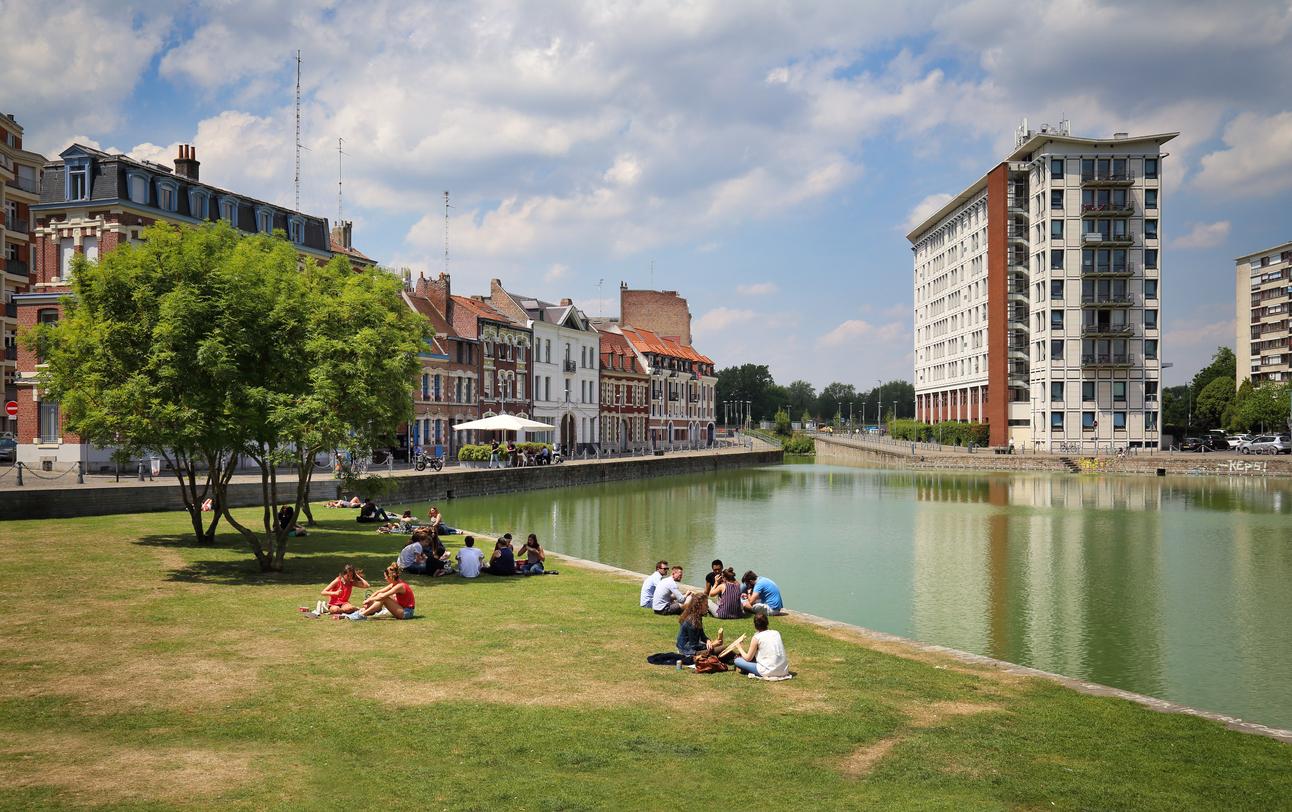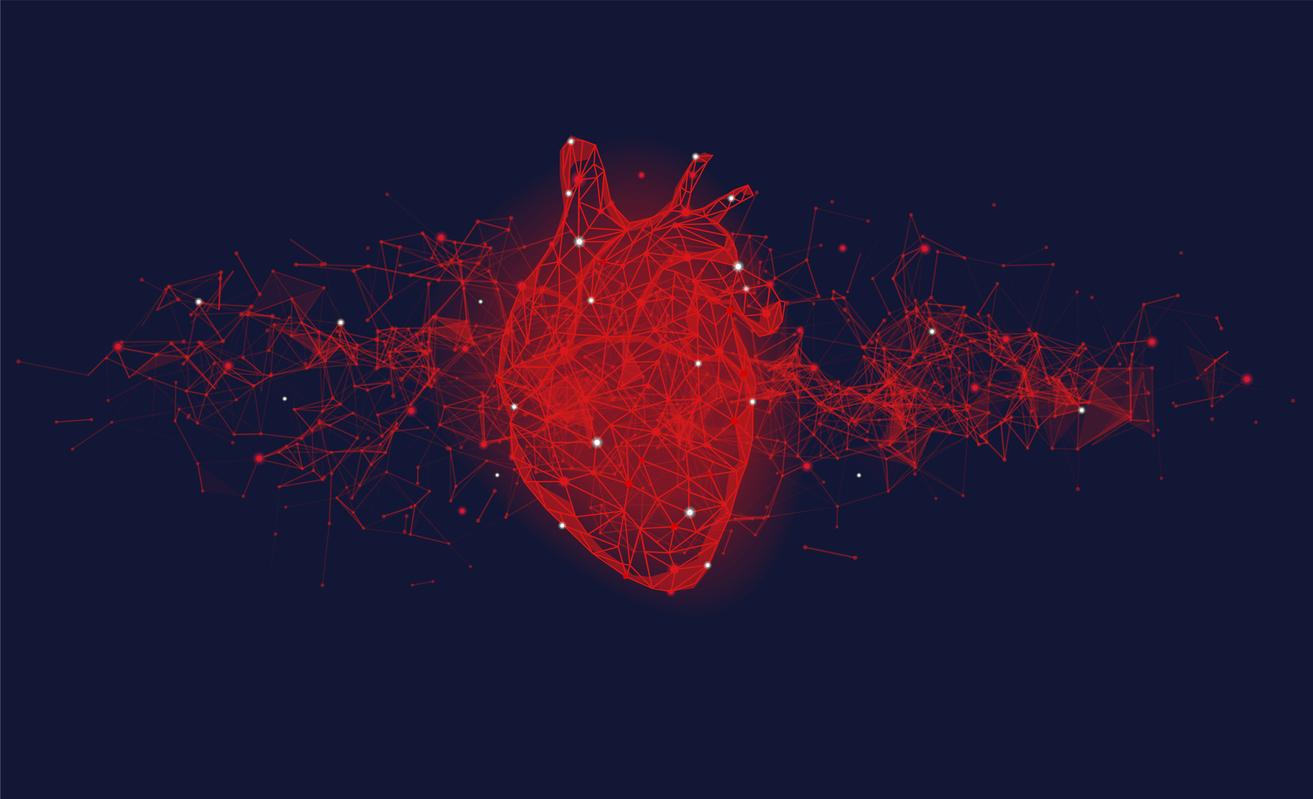Researchers have identified an anti-aging gene present in very many centenarians. The latter would have the ability to push back the biological age of the heart by ten years.

- The blue zones are places known to be home to a large number of centenarians. They are located on five continents: the Barbagia region in Sardinia, the Okinawa archipelago in Japan, the Nicoya peninsula in Costa Rica, the island of Ikaria in Greece and Loma Linda in California.
- More than 1.5 million people suffer from heart failure in France. This disease mainly affects the elderly. Between 10 and 20% of people over 70 suffer from it.
If lifestyle influences life expectancy, heredity plays a particularly essential role. A new study confirms the influence of genes on longevity and heart health. Researchers from the University of Bristol and the Italian group MultiMedica have brought to light an anti-aging gene present in centenarians, such as those living in the blue zones.
An anti-aging gene capable of rejuvenating the heart
Paolo Madeddu, professor of experimental cardiovascular medicine at the Bristol Heart Institute at the University of Bristol and one of the authors of the experiment, explains: “The function of the heart and blood vessels is put into play as we age. However, the rate at which these harmful changes occur is different in different people. Smoking, alcohol and a sedentary life accelerate aging. While eating well and exercising delay it.”
The scientist and his team discovered a way to counter this effect: administering the anti-aging gene to adult mice stopped the deterioration of cardiac function. Moreover, when the gene was passed on to old rodents, whose hearts showed the same alterations seen in older people, it reduced the biological age of the organ by the human equivalent of 10 years.
The expert recalls in his article that genes can mutate. “Most of these mutations are insignificant. In a few cases, however, it can make the gene work worse or better, such as the mutant anti-aging gene we studied here in human cells and older mice.”
Possible therapy for heart disease
Researchers from the Italian group MultiMedica, for their part, administered the gene in the heart cells of elderly patients suffering from serious heart problems. They then compared their results with those of healthy people.
Scientist Monica Cattaneo, leader of the trial and first author of the work published in Cardiovascular Researchnoted : “Cells from elderly patients, especially those that support the construction of new blood vessels called pericytes, were found to perform less well. By adding the longevity gene to the test tube, we observed a cardiac rejuvenation process: the cells of the hearts of older heart failure patients began to function properly again, proving to be more efficient in building new blood vessels.”
The authors suggest that the healthy gene found in centenarians could be transferred to other people to protect their hearts. Professor Paolo Madeddu adds: “Our findings confirm that the healthy mutant gene can reverse the decline in cardiac performance in the elderly. We now want to determine if donating the protein instead of the gene can also work. Gene therapy is widely used to treat diseases caused by bad genes. However, a protein-based treatment is safer and more viable than gene therapy.”


















